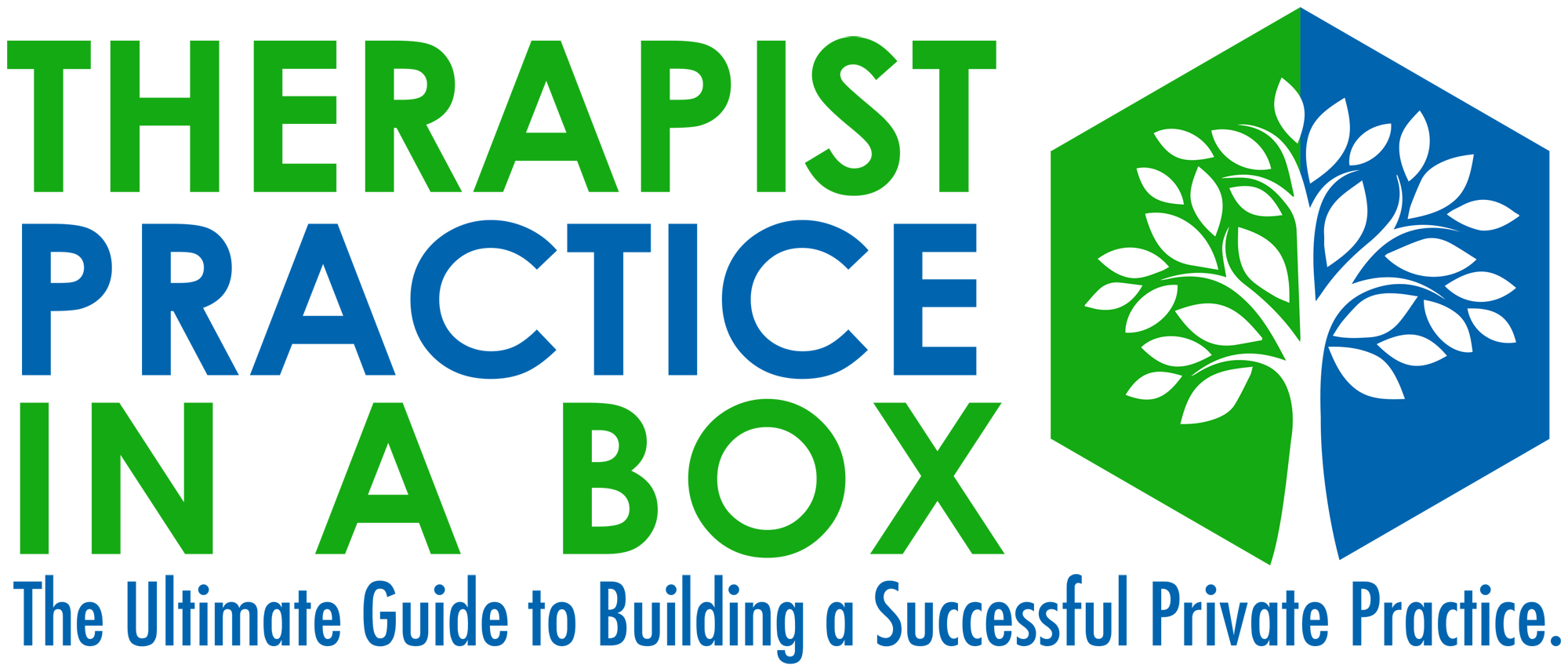In therapy schools, we are trained very well, and when we come out of graduate school, we are armed with Do and Don’t lists for providing quality therapy. Some topics on the To Do list are
- Join with the client where they are. This covers positive regard, genuinely engaging with the client, and communicate empathy.
- Build a therapeutic alliance. Trust building, communication, development goals, creating an emotional bond.
- Listen to clients about what they want and hold space.
- Be open and transparent about the therapy process.
- Informing about legal and ethical issues.
The Don’t list consist of
- Don’t have sex with your client.
- Don’t answer the phone in session.
- Don’t tell clients what they should do.
- Don’t interrupt or argue with the client.
- Don’t make false promises about therapy
Both lists can go on and on.
However, there are a few gray areas in this counseling world too. One such topic is the area of Therapist Self Disclosure. Some clinicians say absolutely no self-disclosure as the therapist is acting as a blank slate, that we must not show emotion and allow the client to explore on their own. Then other clinicians are of the opinion; a little self-disclosure is important as it directly relates to the client. I would like to challenge your thinking on self-disclosure. I want you to think of self-disclose as an absolutely powerful tool that clinicians have at their disposal. In his book, The Gift of Therapy: An Open Letter to a New Generation of Therapists and Their Patients, written by Irvin Yalom, MD he suggests that therapists use more self-disclose within our therapeutic sessions.
He further states, “Clients often value personal remarks made by their therapists rather than sophisticated interpretations.”
That when we share small pieces of us, we are building that relationship, we must give a little of our selves back to the relationship. We wouldn’t, have a one-way friendship with another for long, would we? Of course not. Some information is vital for our clients to heal.
Part of our job as therapists is to use and teach better communication skills within our sessions. We have many individuals that come through our doors who expressly want to work on their communication skills. They come to therapy wanting to improve their relationships, argue less, have people understand their needs. The therapist is the person they get to practice with and then take that skill out into the world. A big part of building relationships is sharing a few specific self-disclosures about us as they relate to the client’s situation. I would suggest that if we just sit there and ask, “How do you feel about that?” With our best blank, reflective self, the client will feel that we are not present with them. We may be physically present, but a small bit of sharing is helpful in normalizing, joining and bonding with our clients.
Clients often come to see me because of a not so wonderful experience with another therapist. I always inquire “What went well with your past therapy?” Which many clients look at me like I’m crazy. I respond that there has to be some positive they received within that relationship. They think for a moment and then are able to share some of the items that they learned. A few clients come in and want to direct how the therapy will go by telling me how much disclosure they want (meaning how invested are you) or how they want my inquiries to go because their other therapist never really listen to them. I listen, reflect back, and I may share an experience my mom had with her therapist. That particular therapist only talked about herself, and my Mom felt like she was the therapist to the therapist. I would concur that is too much disclose. When a therapist tells a client about their hard day, what they had for dinner, or about the fight with their spouse or how the vet visit went for the therapist’s dog that would be too much disclosure.
The self-disclosure I am talking more about is our shared human experiences. That as therapists we too are human, we have faults and we make mistakes, and we have successes. Our clients need to know that. I will often share that finding life balance is an ongoing process for me. That just when I think I have it down 100% something in my world get knocked off balance. It could be a project I am working on taking too much time away from my family, or one of my children gets sick and I must be at home that day, or something breaks in the office and we have to figure out how to get it fix while conducting therapy sessions with a plumber hammering and snaking out the sewer line yet again. (I did mention that private practice work is sometimes messy and dirty?)
Another piece of self-disclosure that therapist must discuss with clients is the process of therapy. What it’s like to work with me as a therapist. Not only do I speak about the inform consent regulations, but I also talked about the process of therapy with that client and how they may feel going through this process. We also talk about a fit with the each other. “Do you think we can work together successfully? “I explain that in my practice I have multiple clinicians and if I am not the “right” person they can switch to another therapist and my feelings will not be hurt. I further, speak with the client about my limitations, and I give them permission to tell me I am wrong if something I say does not resonate with them. During the course of therapy, I also check in with the clients and ask, “How do you think therapy is going?” We review where they were when they first come in and where they currently highlight each success and how they conquered the obstacles. Self-disclosure about the nature of therapy and being transparent about the process.
Here is a list of advantages for self-disclosure in therapy
- Builds trust and rapport
- Normalize behavior
- Reduces embarrassment
- Increase client compliance
- Provides hope
- Models appropriate coping skills
I hope you will think more about being transparent with your clients by allowing more self-disclosure to happen in an organic and natural way. That you can be genuine and still be professional by allowing your human side to show to clients by providing small bits of your personal life in the room. I hope you will see the value of that type of self-disclosure and that you see self-disclosure as the powerful tool at your disposal.
© All rights reserved, Therapist Practice In a Box, Sherry Shockey-Pope, LMFT

